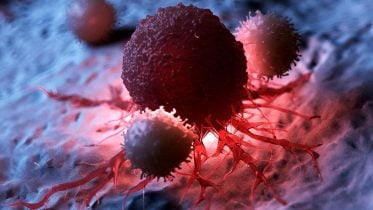Researchers at the University of Houston, led by Navin Varadarajan, have discovered a new subset of T cells, termed CD8-fit, which are associated with improved outcomes in T-cell therapies for cancer. Using a combination of the TIMING method and single-cell RNA sequencing, the team identified a molecular signature in these T cells that correlates with long-term positive clinical outcomes. The findings, which also involve collaborations with prestigious institutions and contributions from notable graduate and post-doctoral researchers, could revolutionize personalized T-cell therapies for various cancers.
Researchers from the University of Houston identified CD8-fit T cells with high motility and serial killing abilities, potentially enhancing T-cell cancer therapies. The study used the TIMING approach and RNA sequencing, revealing molecular signatures that predict positive patient outcomes. A group of cancer researchers from the University of Houston has identified a new type of T cells, which could enhance the results for patients undergoing T-cell therapies.

T cell-based immunotherapy holds immense potential in combating and often eradicating cancer. This approach activates and engineers a patient’s immune system, specifically their T cells, to identify, attack, and destroy cancer cells. As a result, the body’s own T cells function as living drugs.
While T-cell immunotherapy has revolutionized cancer treatment, there is still much to learn. Unfortunately, not all patien.























